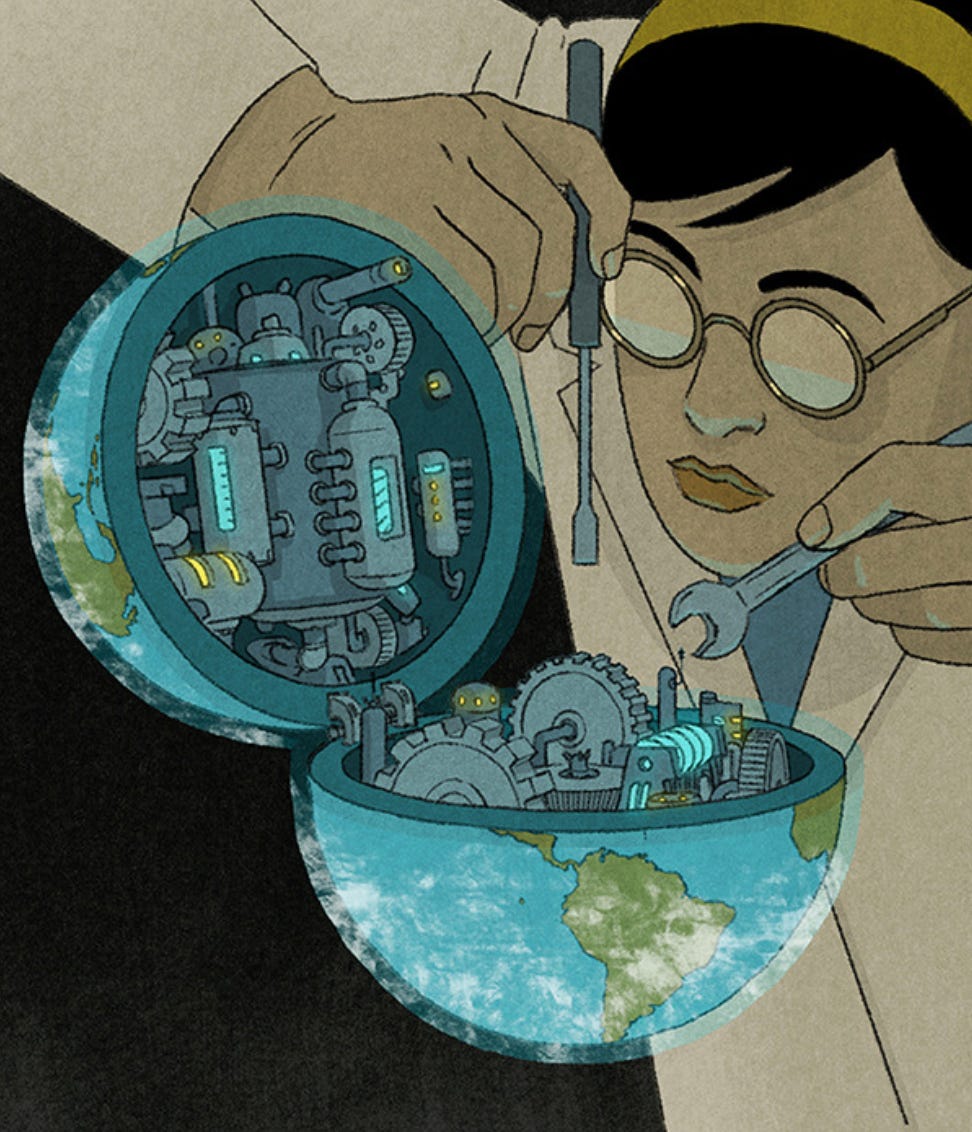The Ethics of Access: When Localization Expands and Disrupts
Tech, localization, and global strategy - decoded.
Every time a tech company expands into a new language, we tell ourselves we’re doing something good. We’re removing barriers. We’re giving more people access to products, tools, and information that can change their lives.
But access is not neutral.
When we bring technology into new linguistic and cultural spaces, we’re not just translating text, we’re ALSO introducing an entirely new ecosystem of ideas, interactions, and possibilities. Those changes can empower. AND, they can destabilize. And that duality, that tension between expansion and disruption, is something I think we in the localization industry don’t talk about enough.
Localization used to require deliberate investment: building teams, infrastructure, and local expertise before a launch. There was time to understand the market, anticipate the ripple effects, and correct for early missteps (which isn’t to say we always did).
However, now, AI can generate translation at a scale and velocity we’ve never seen before. Entire product interfaces, help centers, and marketing campaigns can be localized into dozens of new languages in hours, not months. That efficiency is remarkable…but it also removes the friction that once pushed more intention. The slower, more intentional process of entering a new market has been replaced by automation that can outpace our ethical reasoning.
This acceleration is what makes the question of ethical localization so pressing for me.
Illustration by Morgan Schweitzer
A Personal View from the Inside
I’ve worked in localization for many years. The last ten have been deeply tech-focused, at startups, mid-sized app companies, then big tech like Microsoft + Meta, and now at Spotify. I’ve seen how localization can open extraordinary new opportunities and how it can also trigger equally extraordinary complications.
When I worked as the localization program manager for fintech products at Meta, I managed a rollout that expanded Facebook Pay into about 20 new langauges, as well as WhatsApp Pay into a handful of those. Many of these were languages that few global tech companies had ever localized into. It was an ambitious push toward inclusion, a step toward giving more people access to digital payments in their own language.
And it worked. The numbers that came out of that launch were astonishing. In one market, women who previously weren’t allowed to open bank accounts were suddenly able to receive and send money through WhatsApp. Small businesses began to appear. Informal networks of financial exchange grew where none had existed before. It was, in every sense, access in action: language + technology removing barriers, empowering people, and unlocking opportunity.
But in my time at big tech I also saw first hand that access changes things and can sometimes bring unexpected outcomes. Economic empowerment shifts power structures. Enabling financial independence for women, for example, is deeply transformative, and that can also create friction in societies where gendered financial norms are rigidly enforced.
When we localize products into new regions and languages, we don’t just introduce technology, we alter economies, social patterns, and cultural dynamics. Sometimes subtly. Sometimes dramatically.
Dynamic expansion and speed by Giacomo Balla, 1913
There are many examples I could point to in tech, but one of the first ones that comes to mind is content moderation with language rollouts, we’ve seen what happens when content moderation lags behind language expansion. Hate speech, misinformation, or coordinated harassment spread faster than the tools built to contain them. In rapid rollouts, platforms often go live into new languages before their moderation systems are ready. Wired’s coverage of “multilingual AI content moderation” (2023) shows how platforms can claim to support 100+ languages, yet their systems remain heavily skewed toward English, missing vast swaths of harmful content in secondary languages. In the same vein, researchers studying Tamil have documented how platforms often rely on generic rules or machine translation-based moderation in non-Western languages, resulting in both over-censorship of innocuous content and under-censorship of harmful content (2025). A recent investigation by The Media Leader described these gaps as “language blind spots,” (2025) showing that millions of posts across European languages circulate with little to no human moderation oversight.
These are exactly the kinds of gaps that open up when expansion outpaces moderation readiness.
The Dual Edge of Localization
This complexity is something the localization industry doesn’t always grapple with. And we should. We tend to equate expansion with progress. We speak in metrics: number of locales supported, number of users reached, growth in engagement. But the reality beneath those metrics is messier.
Keep reading with a 7-day free trial
Subscribe to Hilary Atkisson Normanha to keep reading this post and get 7 days of free access to the full post archives.



